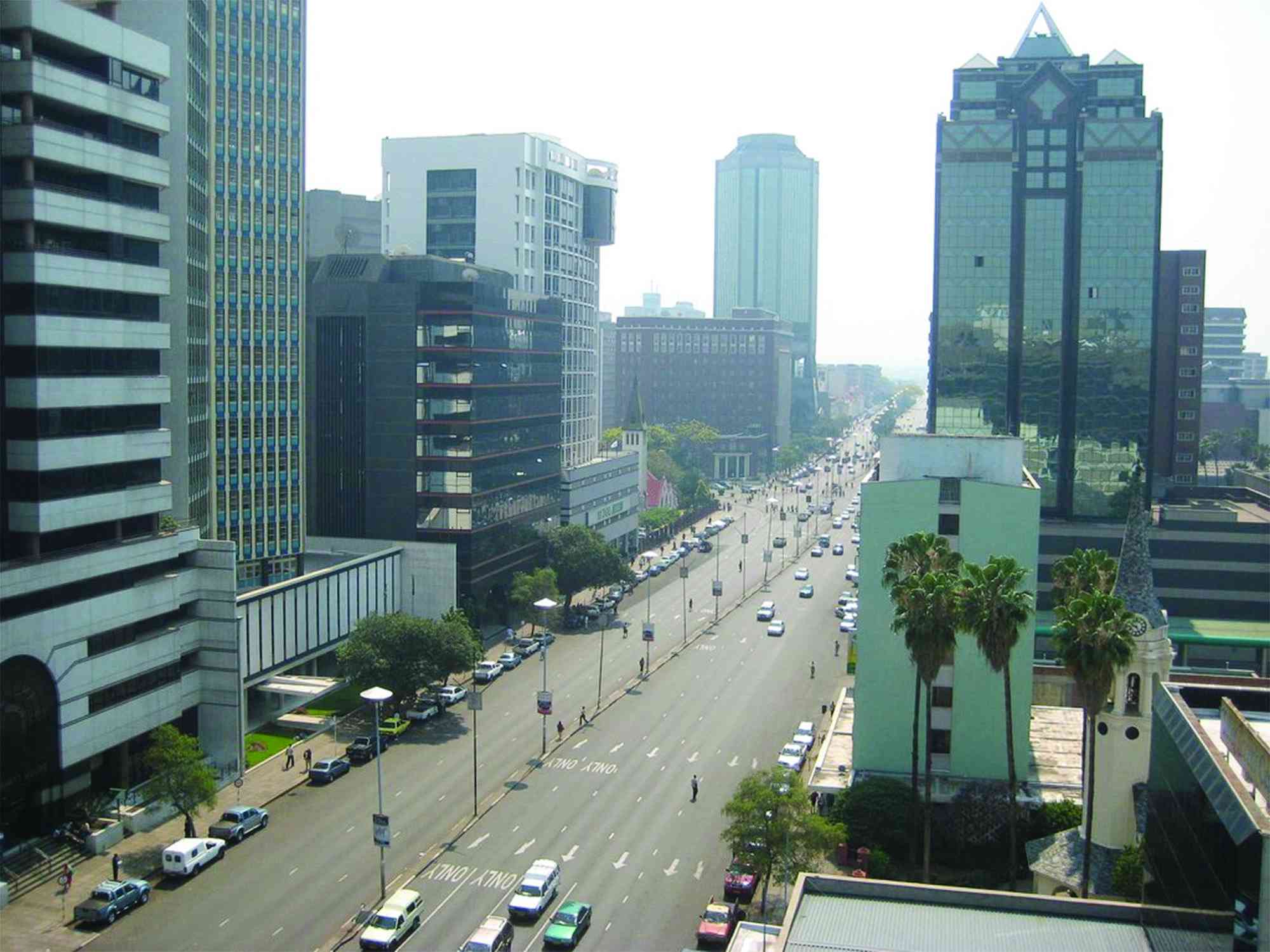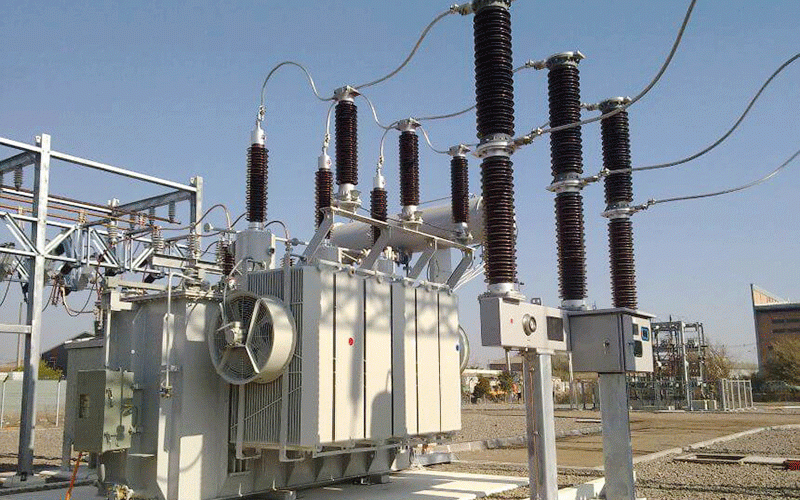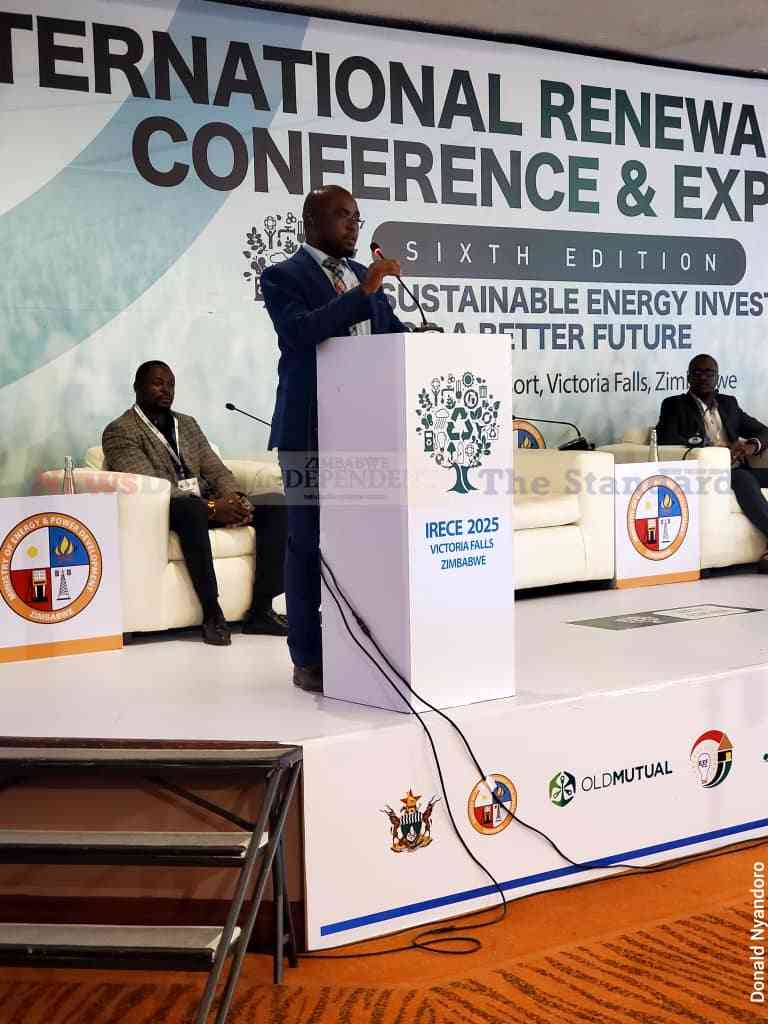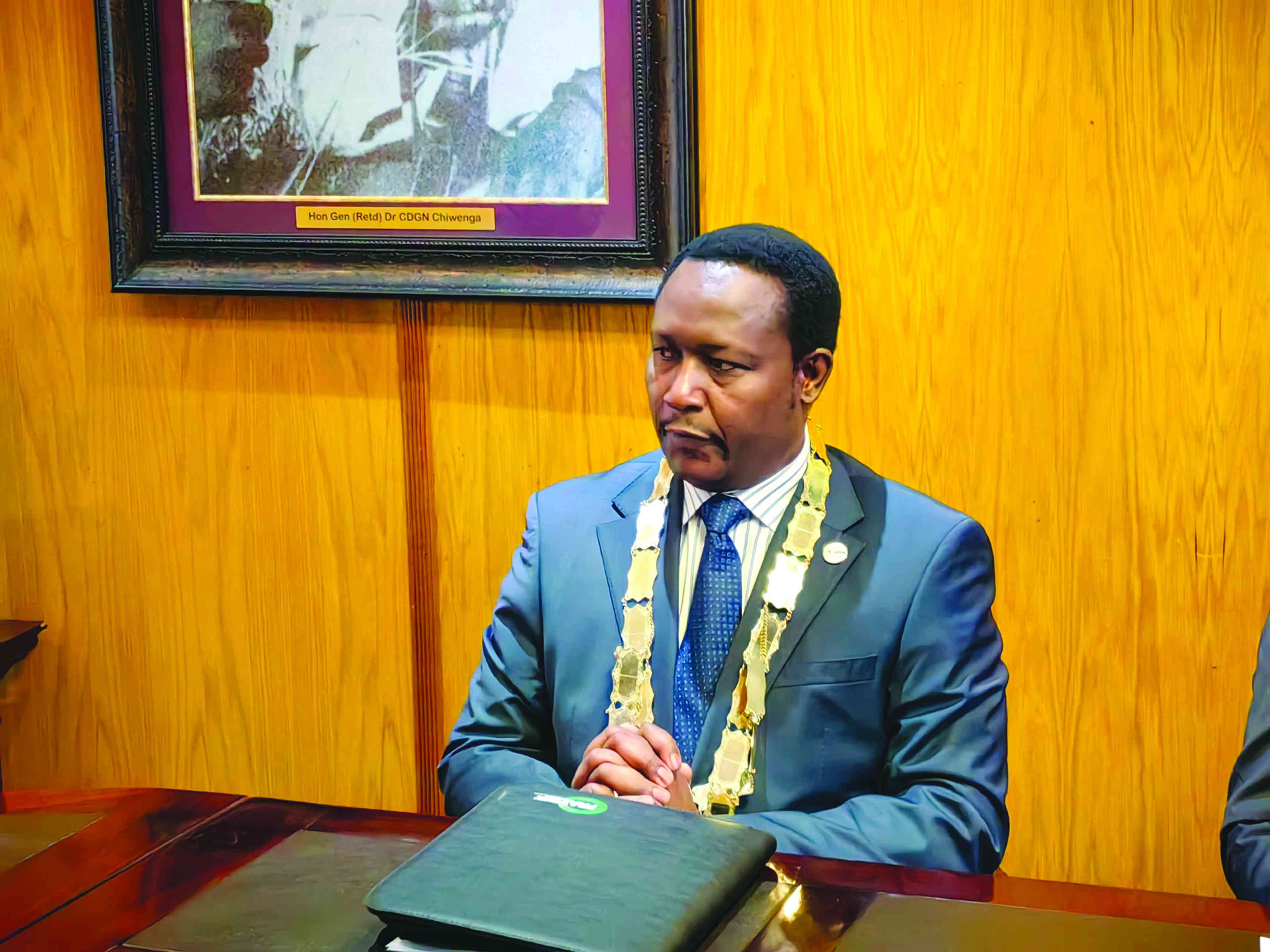
Zimbabwe’s future lies not just within its borders, but in the hearts and minds of its people abroad. The southern African country has a vast and dynamic diaspora spread across the globe — individuals who left the country seeking safety, stability, or better economic opportunities.
Over the years, many of them have become highly-skilled professionals, doctors, engineers, global leaders, entrepreneurs, academics, and investors.
Their journeys may have begun in search of a better life, but their hearts remain connected to the land of their birth. Now is the time to bring them home. This should not remain just an idea — it must be a national strategy.
Zimbabwe has a unique opportunity to transform itself into a safe haven for its sons and daughters abroad — a place where they feel welcome, respected, and empowered to return and contribute. This is not just a symbolic gesture of reconciliation; it is a strategic imperative that could significantly reshape the country’s future.
According to a 2025 International Monetary Fund report, diaspora communities make a unique contribution to the development of their “home countries — especially towards building physical capital and productivity, and ultimately helping to boost job creation, living standards, and higher growth”.
The report adds that last year, migrants from emerging and developing countries sent home US$430 billion — three times more money than their home countries receive in financial assistance from other countries or international financial institutions.
It was a substantial portion of their gross domestic product (GDP).
“For example, as a percentage of GDP, remittances represent 37% in Tajikistan, 30% in Nepal, around 25% in Tonga, Liberia, and Haiti, and 16% in Lebanon.”
- Experts downbeat as Ncube cuts GDP forecasts
- New perspectives: De-link politics from Zim’s education policies
- Experts downbeat as Ncube cuts GDP forecasts
- New perspectives: De-link politics from Zim’s education policies
Keep Reading
These remittances may be used to invest, thereby boosting home-countries’ capital. Diaspora communities may also invest directly in business opportunities and government bonds in their home countries. India and Israel raised over US$35 billion by tapping into the wealth of their diaspora communities.
Why this is critical
Zimbabwe has suffered massive brain drain over the last two decades. Doctors, engineers, information technology professionals, and creatives have left in search of greener pastures.
However, this “loss” could be reversed if Zimbabwe invites these skilled individuals back through a structured return programme. The country stands to benefit from their global knowledge, networks, and resources. It is a brain gain waiting to happen.
Entrepreneurial power
Many Zimbabweans abroad have started businesses, gained investment knowledge, and learned how to scale companies. Their experience in advanced economies can spark innovation and entrepreneurship back home, especially in sectors such as agriculture, technology, education, and clean energy. This could lead to job creation, increased GDP, and export opportunities.
Rebuilding trust, national identity
For Zimbabwe to heal and move forward, it must extend a hand to its diaspora. Offering a path back is an act of unity, healing past divisions and sending a powerful message that every Zimbabwean matters. It strengthens national identity and fosters a sense of shared responsibility for the country’s success.
Fdi, capital inflows
Returning citizens often bring financial capital, business connections, and the ability to bridge international and local markets. By creating a welcoming environment, Zimbabwe can tap into this pool of capital and investment, helping stabilise its economy and rebuild infrastructure.
Proposed solutions
The homecoming programme — ZimReconnect should be a government-backed initiative that will provide logistical, financial, and legal support to returning Zimbabweans. This could include, among others:
l Visa and residency fast-tracking
l Tax incentives for investments
l Assistance with relocating families, housing, and school placement
l Legal guarantees on property rights and business ownership
Diaspora investment fund
Create a secure, transparent fund specifically for Zimbabweans abroad to invest in national projects: infrastructure, energy, agriculture and technology. The government can co-invest and ensure accountability through independent oversight.
Returnee business incubators
Establish innovation hubs and business incubators in Harare, Bulawayo, and other cities where returnees can access mentorship, funding, and local partnerships. These would be safe spaces for entrepreneurship to flourish.
National skills registry
Build a digital platform where Zimbabweans abroad can register their skills and interests. This would help match them with opportunities in government, academia, healthcare, and the private sector back home.
Safe political, social environment
Above all, Zimbabwe must ensure that returnees feel safe — physically, legally, and politically. This means improving human rights, tackling corruption, and promoting freedom of speech and democratic values. Without these, no programme can succeed.
Conclusion
Zimbabwe has a golden opportunity to reimagine its future — not by starting from scratch, but by inviting back its most valuable resource: its people. A safe haven for the diaspora is not only a moral or emotional call; it is a strategic move to unlock national potential.
Through structured programmes, open arms, and clear policies, Zimbabwe can transform itself into a nation rebuilt by its own hands — both at home and abroad.
This must be the decade of return, renewal, and rising together. Some of Zimbabwe’s brightest minds are ready to come home.
Let’s open the door, set the table, and build the future — together.
- Wilson is the founder and leader of the Democratic Official Party. He has a passion for sustainable and inclusive national economic development and strongly believes Zimbabwe’s revival is possible if all citizens put shoulder to the wheel.










